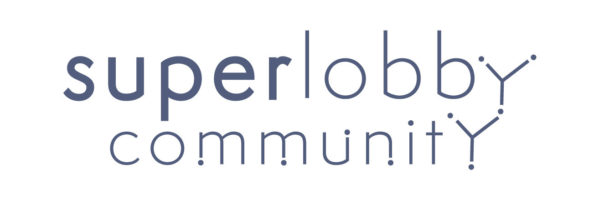
The rules are clear: “No lyrics, speeches or gestures of a political, commercial or similar nature shall be permitted during the ESC”. But how has this proved in practice? While we impatiently wait for this year’s Eurovision to start, let’s dig into the everlasting presence of politics in the Eurovision Song Contest.
Many have gone before me
Next week the Eurovision Song Contest will kick off and I thought it would be fun to dive into the politics of Europe’s most celebrated music bonanza. Turns out that many have gone before me. As I was researching the topic I found dozens of blogs about the topic. For example here, and here and here and here.There are even more than two books written on the politics of Eurovision. Dean Vuletic wrote his Ph.D. on the politics of Eurovision and there is even a Wikipedia page on the subject matter. Seems, that the only thing cornier than the contest itself is to write a blog on the politics of Eurovision.
Political statements
The discussion on whether or not Eurovision is a political event focuses either on the (subliminal) statements made by contests or the way countries vote to express their alliances or discontent with other countries. Armenia has a reputation for using the song contest for political statements. Twice they have entered songs with references to the Armenian Genocide. The beef between Russia and Ukraine has also played out in the glitz world of Eurovision. The winner of 2016, Jamala, referenced the deportation of the Crimea Tartars in 1944, while at the same time subtlety pointing to the current situation of Crimea. The next year, a Russian contestant was banned from entering because she performed in Crimea before coming to Ukraine. Political statements, however, do not only play out along the lines of geography as feminism, inclusion and the rights of the LGBTQ+ are all topics that have taken center stage during some of the songs at Eurovision.
Political voting
Apart from the occasional sneer, there is also the everlasting discussion of the way countries vote, with Cyrpus and Greece being the ultimate example. The Balkan countries or even the Nordic countries are often at the center of discussion of Eurovision-nepotism. The UK, never too bothered to play the sorry loser, has threatened with a Eurovision Brexit because of the lack of points and the perceived unfair voting patterns. As someone that is from the Balkan but lives in the Netherlands, I think those accusations are a bit overdrawn. The favouritism in the Balkans is also partly because the candidates already have established fan bases in the region. Moreover, Balkan countries have for years taken the contest itself more seriously than for example Netherlands and have sent their best representatives. For years the Netherlands has sent underachievers expecting to win? The Netherlands started gaining serious attention when they sent their mega-star Anouk. And when the Dutch sent Duncan with his incredible song they actually finally won it. The lesson to be learned is; you don’t need to take the Eurovision serious, but do it at your own perill. What’s more, an actual scientific study by the University of Groningen points out that for all the brouhaha- favouritism in Eurovision never leads to a winning contestant.
Something to enjoy maybe?
In 2008 I had the pleasure of being in Belgrade when the Eurovision was held there. I was captured by the incredible positive vibe that goes along with hosting the event. There are an unbelievable number of parties around the event. With parties I mean fiestas, not political fractions. The best ones are the ones at the Embassies, where embassy personal and diplomats cheer their candidates and support them buy offering free drinks to basically everybody. For all the talk about politics and Eurovision, I think my conclusion is that the corny songs and the good vibe still prevails, and that politics might even not play such a big role as bloggers, pundits and analysts would like to make it out to be. Although, I do think Iceland paid Netflix to have a movie made about their country made in Netflix’s the Story of Fire Saga 🙂

